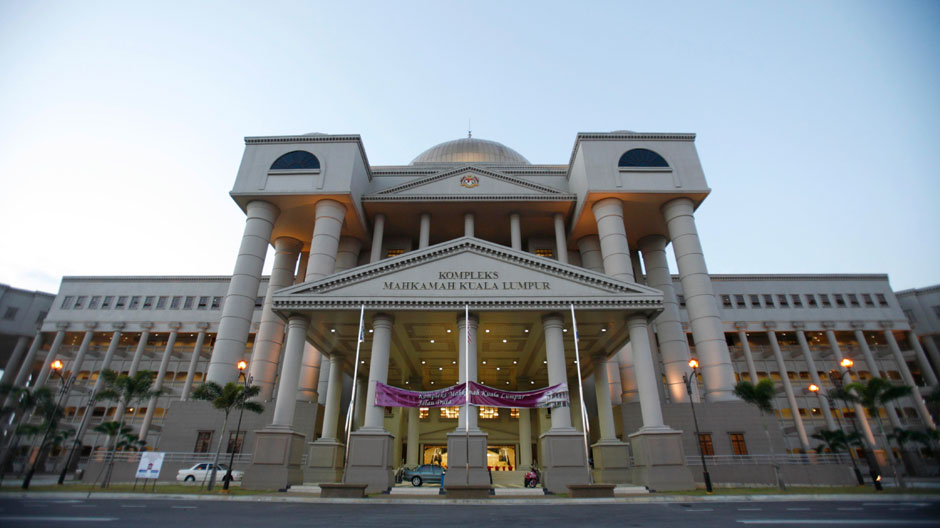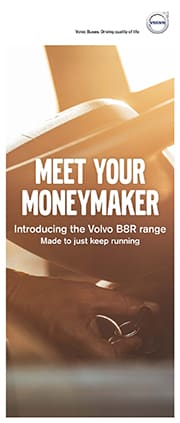Seismic Shift in Awarding Claims welcome but Questions Remain

By: YS Chan
I am disoriented by a report that the Federal Court has held that road accident victims should be automatically compensated without having to sue insurance companies.
The landmark ruling was delivered last week in a 140-page judgment that allowed appeals involving eight different motorists, seven of whom were injured in accidents.
Insurance coverage and compensation is one of the topics under the module “Preparing for future shocks” in the Travel and Tours Enhancement Course (TTEC), which is compulsory for travel and tour operators to attend in order the renew their company licence.
Industry players ought to be well-versed in motor insurance as their customers travel in tour buses, vans or cars. Many operate their own fleet of tour vehicles and some offer rental cars for clients that prefer self-drive over chauffeur driven for various reasons.
But many are clueless about vehicle insurance, particularly the terms and conditions stipulated in the motor insurance policy. For example, even the most experienced of inbound tour operators would inform their overseas counterparts that passengers are insured in our tour buses.
While revising TTEC in Langkawi last September, I challenged a major operator that has been operating tour buses for more than three decades to name the insurance cover for passengers after I have asserted that there is no such coverage for all buses and taxis in the country.
When he stated legal liability to passenger (LLTP), I pointed out that this covers the driver’s liability, not the passengers. Only when the driver was at fault, injured passengers could expect the insurance company to compensate for medical expenses, loss of income and other claims.
But unlike personal accident insurance that covers a specific sum for loss of life, limb, disablement and limited medical expenses caused by accidents without having to establish whose fault, LLTP kicks in only when the driver was at fault.
When it comes to claims for loss of income, the amount varies greatly, depending on the potential earnings of individual victims until they reach retirement age. The differences in amounts claimed by the victims and offered by insurance companies are usually too wide.
Hence, I am bewildered by the report stating that road accident victims should be automatically compensated without having to sue insurance companies. It is not the practice of insurance companies to pay out more than necessary and in no hurry, particularly in accidents where victims may be contributory.
Therefore, victims will have to sue and file a claim for the amount sought, although it usually takes several years for a court to finally award compensation, compelling insurance companies to pay but may appeal to a higher court with some degree of success in the past.
But after this landmark decision, accident victims are more likely to be compensated, although some of the terms and conditions may be breached, as insurance companies can no longer repudiate cover freely.
It is explicitly stated in all motor insurance policy that there is no cover if a vehicle was driven under the influence of drugs or alcohol. It is the same for privately registered vehicles if they were used for hire or reward, whether it is for self-drive or chauffeur driven.
Another scenario could involve a tour bus that was waiting at the traffic lights and a runaway lorry crashed heavily into it, injuring many passengers and killing a few. The tour bus driver was not at fault and therefore LLTP cannot apply.
Victims would have to sue the lorry driver, but road tax of the truck could have expired and so is the motor insurance cover. If the old truck is owned by the driver, he may not have the means to pay out a large compensation, leaving the victims with nothing more than a paper judgment.
I have written all the above as a layman and was never trained in law or insurance. I certainly hope the legal fraternity, insurance companies or the General Insurance Association of Malaysia could clear the air for me and the public.
About the Author:
YS Chan is master trainer for Mesra Malaysia and Travel and Tours Enhancement Course, and an Asean Tourism Master Trainer. He is also a tourism and transport business consultant.



























